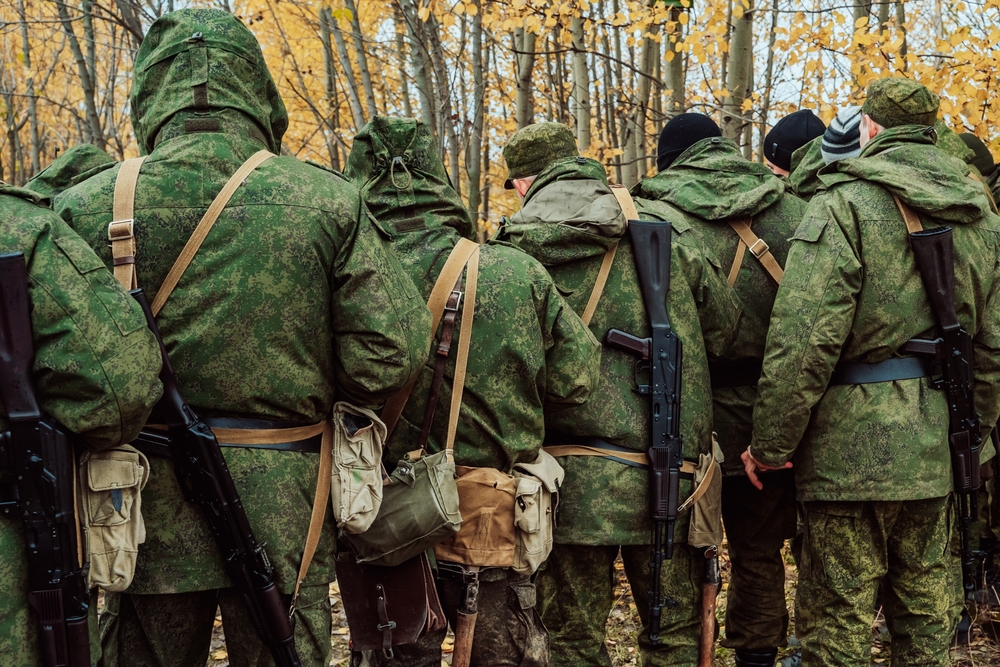Despite tight state control of military narratives, court data and unofficial leaks paint a growing picture of disillusionment, especially in the Southern and North Caucasus regions, where desertion cases continue to rise.
Others are reading now
Since the beginning of Russia’s invasion of Ukraine, around 50,000 Russian soldiers have deserted the military, according to leaked 2024 Ministry of Defense documents.
Hidden numbers: Russia’s courts keep desertion cases quiet
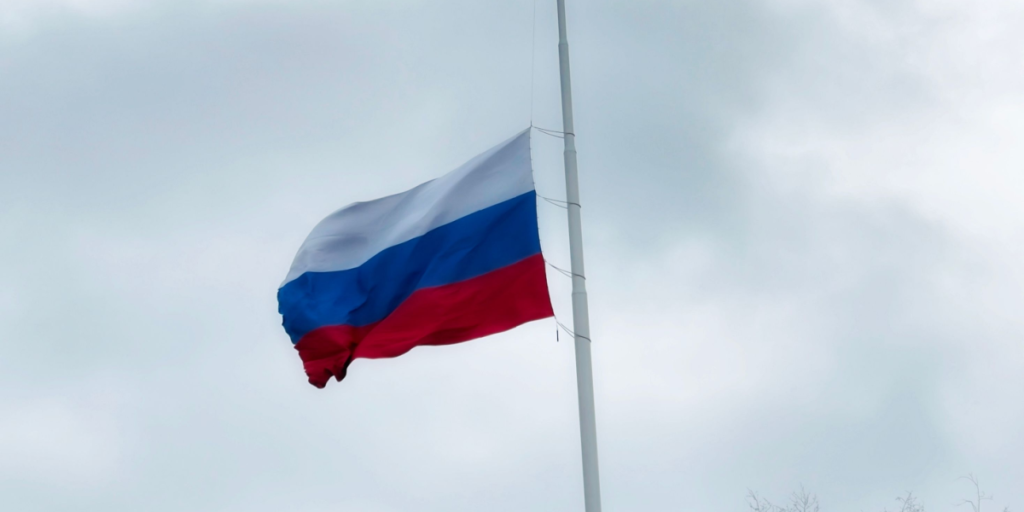
Official Russian sources rarely acknowledge desertion cases. While the Supreme Court’s public statistics for 2024 list over 9,200 convictions for military-related crime, including desertion,specific case details remain obscured.
Most convicted deserters are men aged 30–39 with technical or vocational training. By contrast, 2023’s official statistics excluded desertion figures altogether.
Leaks expose scale of desertion in the south

A Telegram channel tied to separatist forces in Donetsk published leaked lists showing over 26,000 desertions from Russia’s Southern Federal District alone.
Journalists cross-referenced this with Ukraine’s “I Want to Live” initiative, verifying 49,000 total names. Entire units, like the 20th Motorized Rifle Division in Volgograd, have had hundreds abandon their posts, many now wanted by the military.
Also read
Courts crack down only after multiple escapes

According to the Southern Regional Military Court, criminal proceedings usually begin only after a soldier deserts more than once.
First-time offenders are often returned to service with no legal action. Convictions typically follow prolonged absences or repeat desertions, often motivated by personal issues or mistreatment rather than ideological objections to the war.
Family emergencies behind many desertions

Many soldiers cite urgent family problems as their reason for leaving. One mobilized soldier, Yuri Musaelian, said he was caring for his ailing father, a decorated veteran. Others, like Alexander Korolev, awarded for bravery, also left to help sick parents.
Courts, however, have shown little sympathy, upholding sentences despite appeals and personal hardship.
Denied treatment, injured soldiers flee
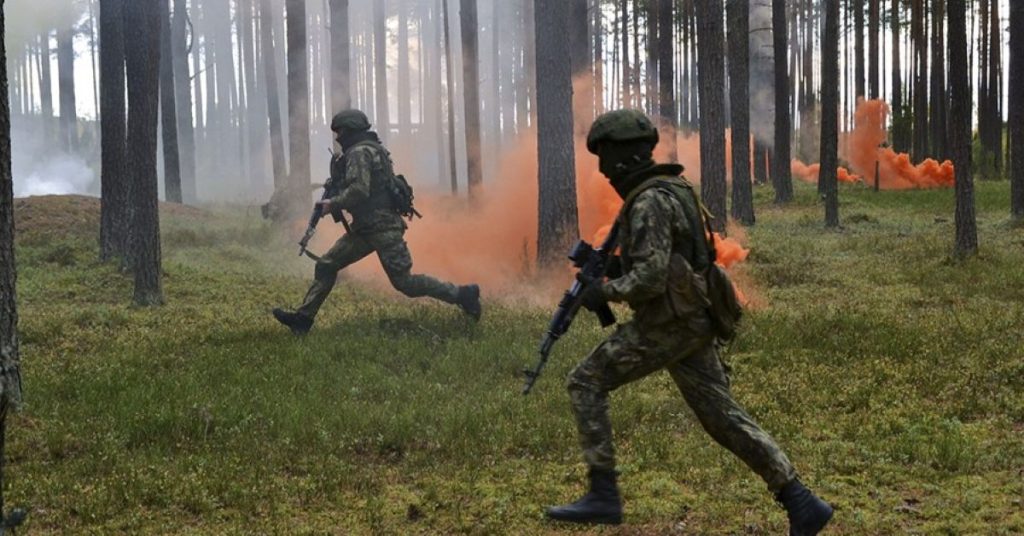
Desertion is frequently linked to a refusal of medical care. Several soldiers reported being denied treatment for war injuries or chronic conditions.
Also read
One, Maxim Pecherickin, left for over a month to seek help and was sentenced to six and a half years. Others, like Dmitry Nizhelsky and Rafhat Satubaldiev, received similar punishments despite health-related justifications.
Mental strain and command neglect fuel

Mental health struggles also play a major role. Contractor Viacheslav Severin deserted after months of denied leave despite his father’s illness and personal breakdown.
Ivan Nikitin and Rustam Shipiev likewise cited emotional distress and health issues but received stiff prison terms. Many say commanders ignored requests for psychological support.
Soldiers blame the system, and lack of pay

Some servicemen have directly accused military leadership and investigators of misconduct. Nurgazy Karabalaev said he couldn’t afford to return to his unit due to unpaid wages.
Others, like Sergei Uvarov, criticized their unit’s poor discipline. Pressure from officials, and even ex-spouses, also played a role in several cases.
Also read
Fear and survival, not activism, drive many deserters
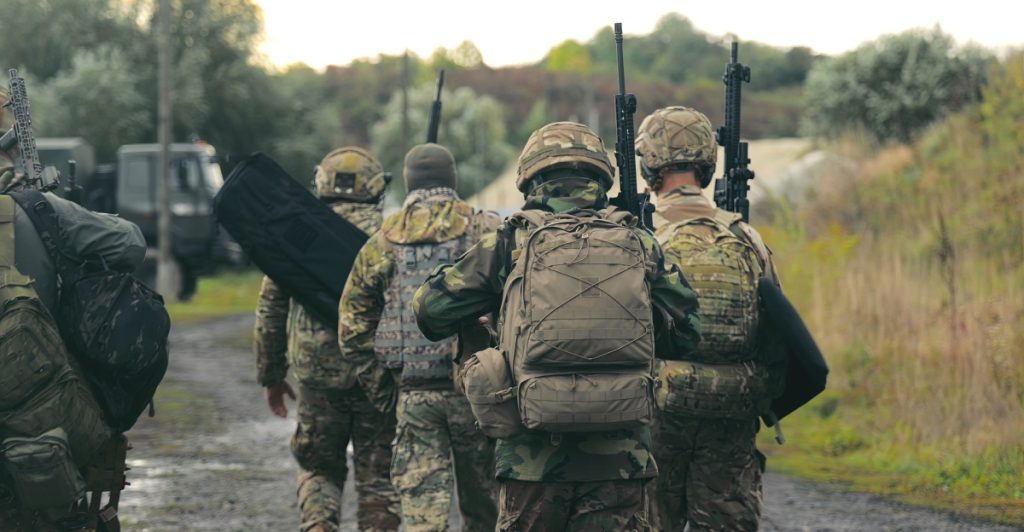
While some outsiders may interpret desertion as an anti-war stance, activists on the ground say most cases stem from personal desperation. “It’s often just about survival,” said Volgograd-based activist Evgeny Kocegin.
“They know they’re being sent to die.” Few openly oppose the war, but many want to avoid being used as cannon fodder.
The rare case of ideological resistance
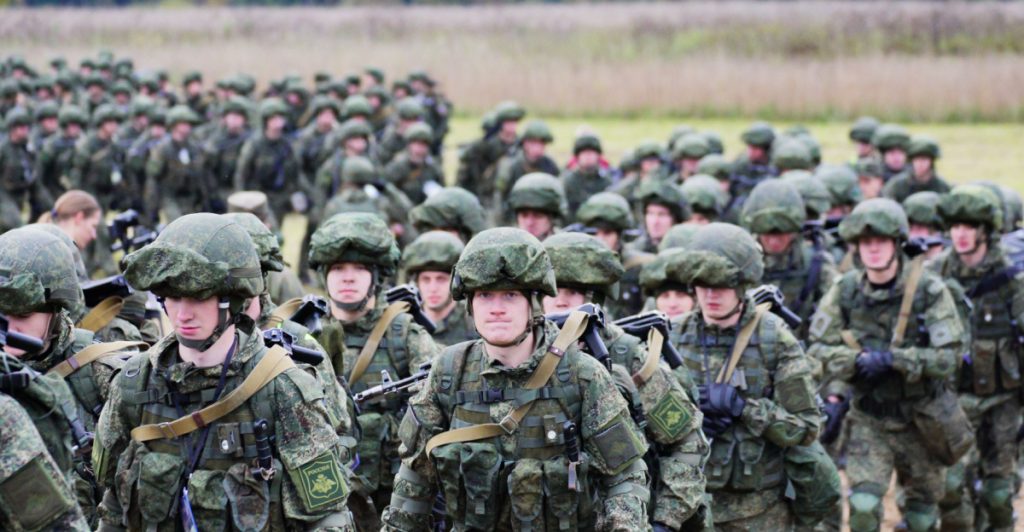
Only one court case in 2024 involved a soldier explicitly citing strategic failures and lack of ammunition as reasons for deserting.
Sergei Gusakov, a father of several children and former prisoner, said his unit was deployed without proper supplies. His conviction stood, as did those of others who fled under similarly dire conditions.
Escape abroad: some find refuge, others are caught
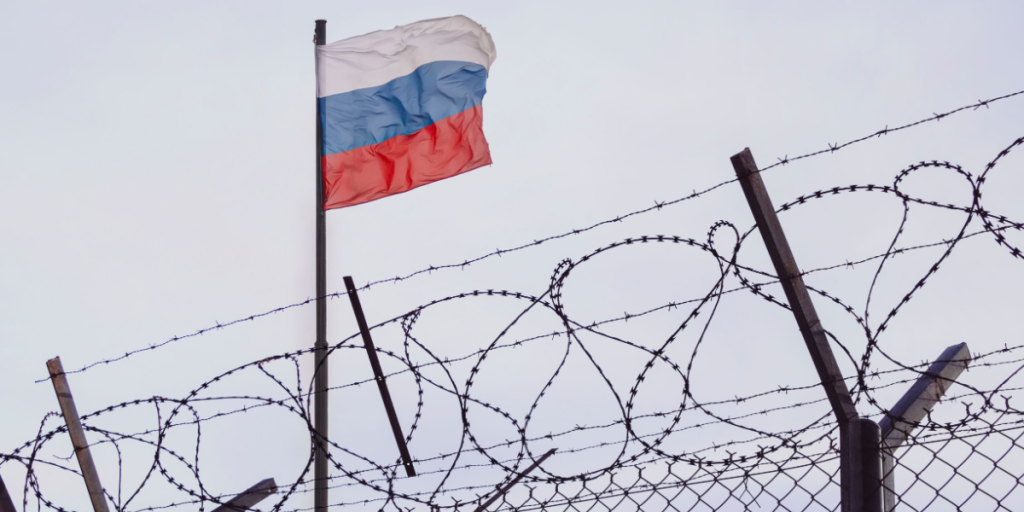
Some deserters manage to flee Russia altogether. Marat Ramazanov escaped to Kazakhstan and acquired citizenship but was arrested upon returning to Russia.
Also read
Others receive reduced sentences, like Yevgeny Cherezov, who renounced Russian citizenship and now leads an ancestral revival movement. Still, many are caught and imprisoned after brief freedom.
Human rights groups: the army treats people like trash
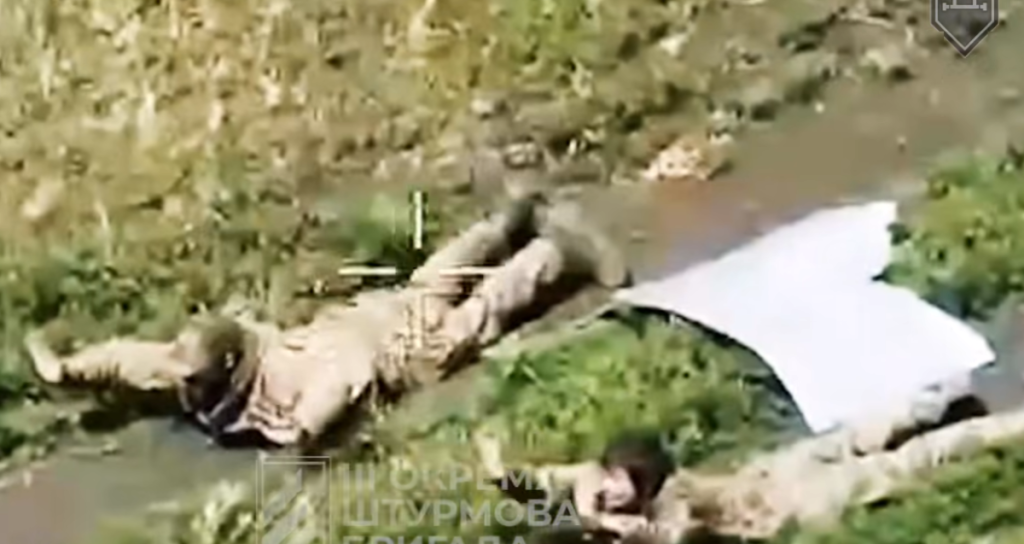
“People are garbage for officials,” says rights lawyer Ivan Chuviliaev, who works with “Idite lesom,” a group helping soldiers flee conscription.
He describes a system that uses soldiers as disposable, punishing any deviation from duty while ignoring the reasons behind it, whether physical injury, trauma, or moral objection.
The silence surrounding moral objections

Rights groups believe that cases of desertion over ethical objections to the war likely exist, but are rarely acknowledged or publicized. “The army is a closed system,” says Kocegin.
“If anyone refuses to fight for moral reasons, it’s covered up. Otherwise, others might follow.” In the absence of transparency, many such stories remain untold.
Also read
Thousands want out, but few can leave

While leaks, trials, and activist reports reveal a portion of the desertion crisis, experts stress that these represent only those who had both the will and the opportunity to escape.
Countless others may wish to leave, but can’t. The real scale of discontent in the Russian military remains hidden behind walls of silence.

